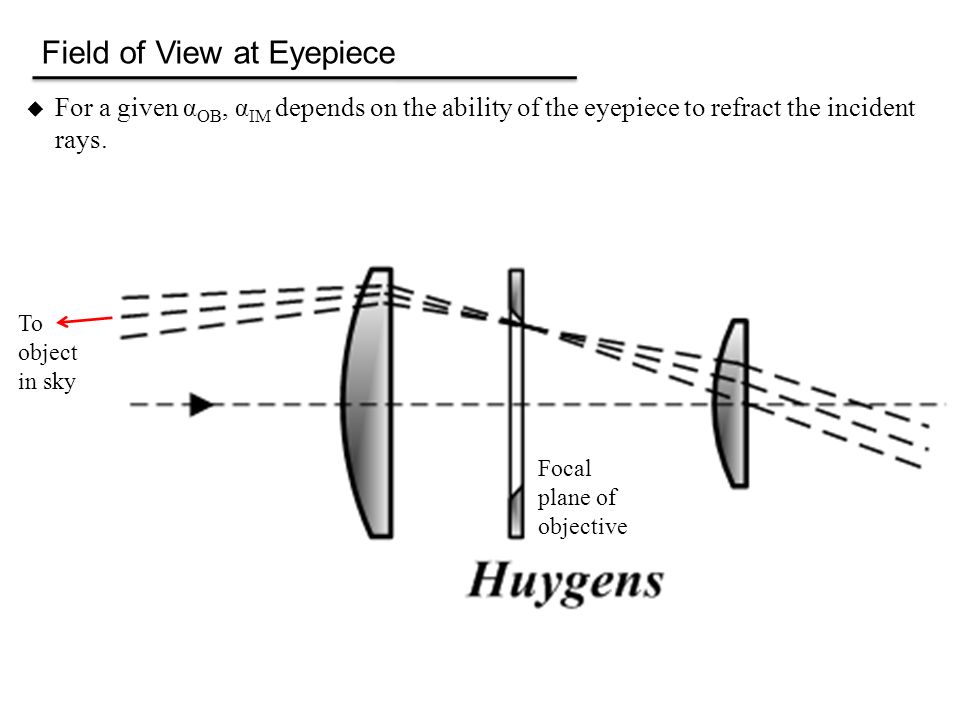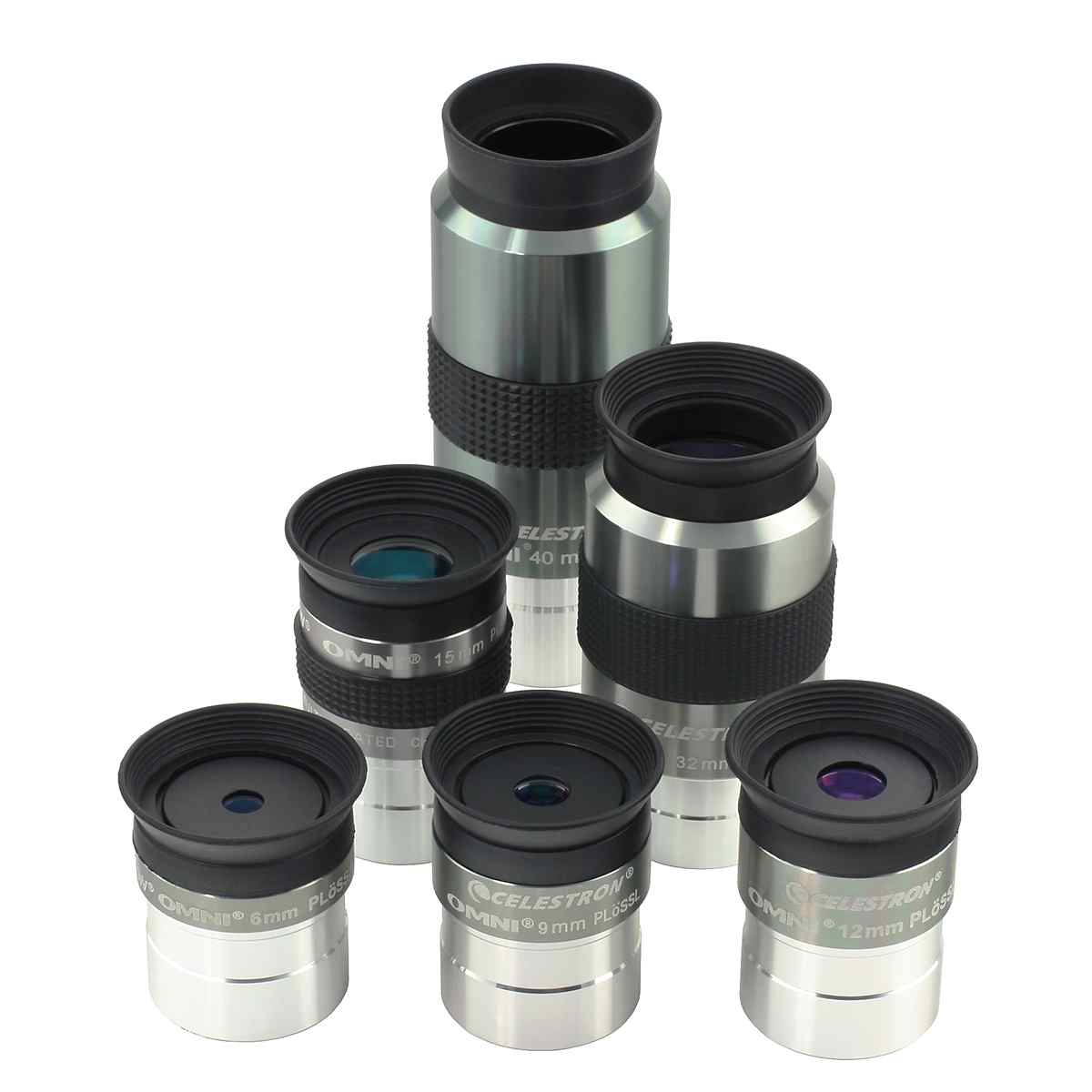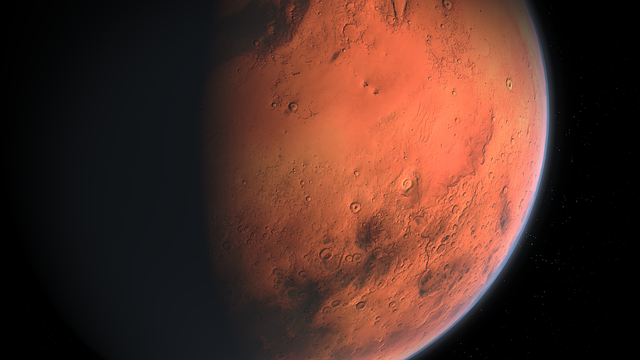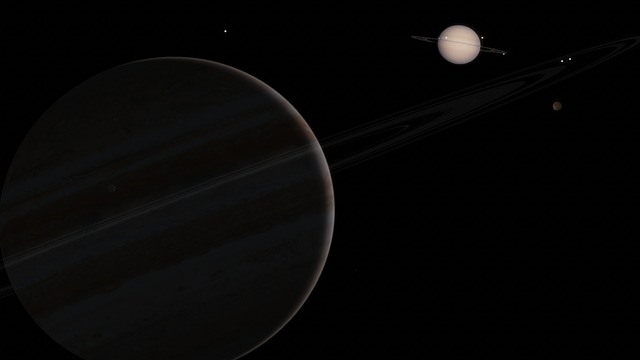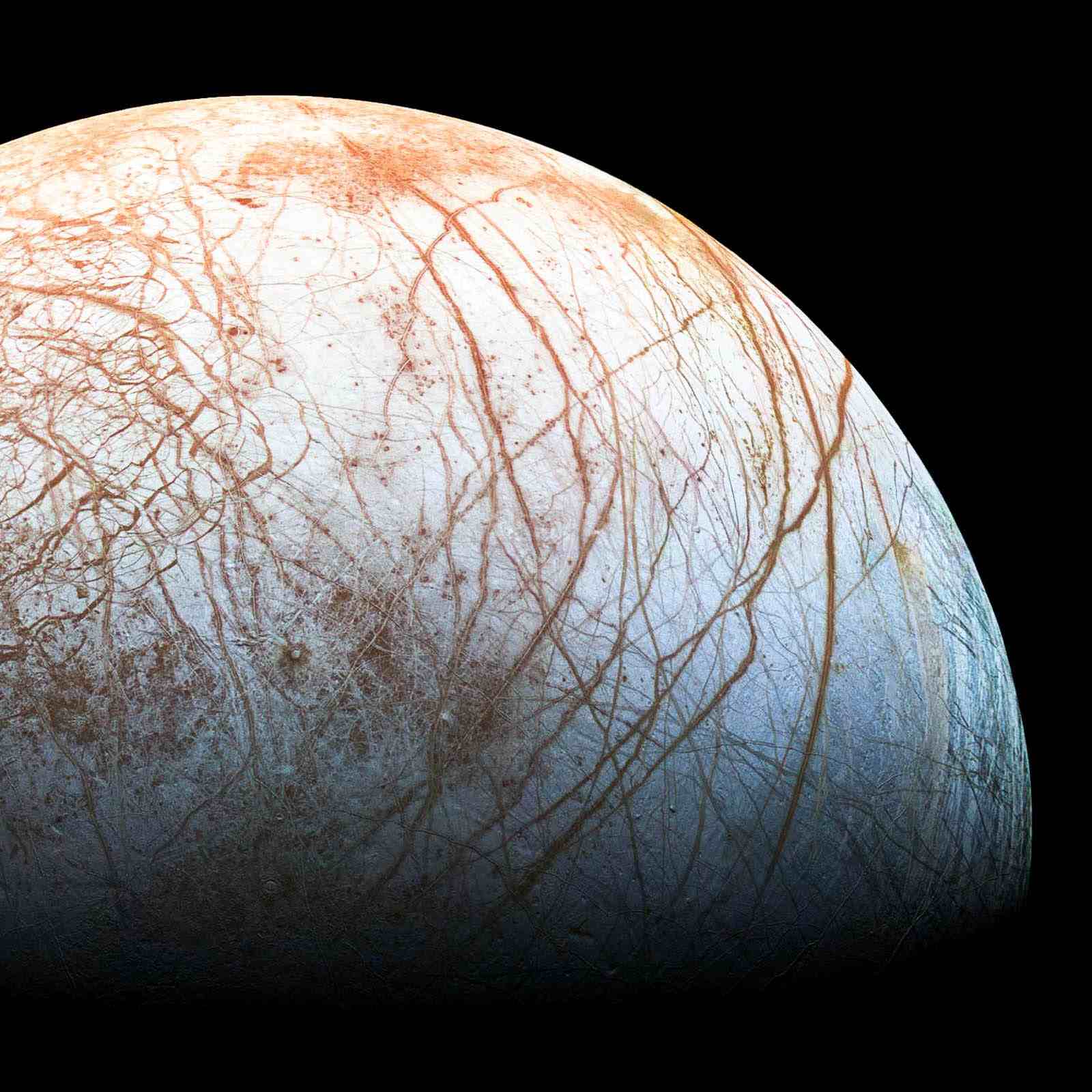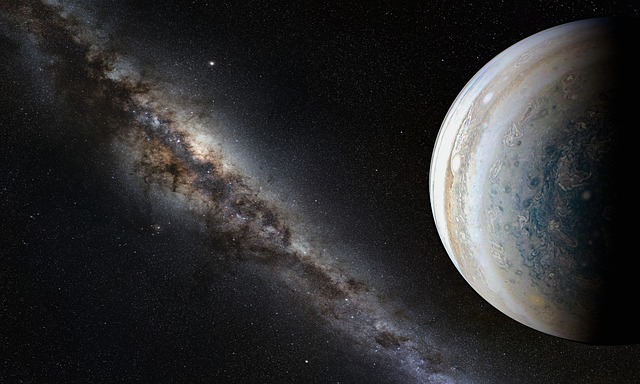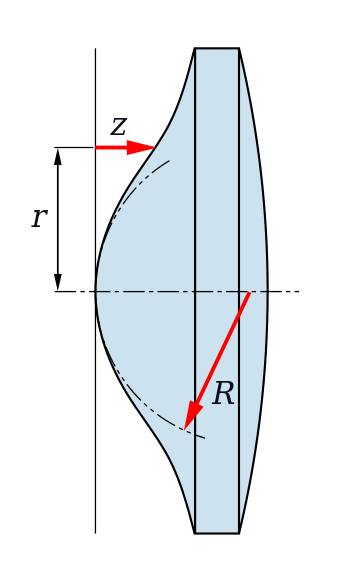What Is a Huygens Eyepiece?(Explained!)
Huygens eyepieces are used for magnification in optical devices, such as telescopes and microscopes. These eyepieces consist of two planoconvex lenses separated a short distance in the eyepiece, enhancing images using only white lights. For more information regarding Huygens eyepieces, such as how they work, where they come from, and the pros and cons to … Read more

